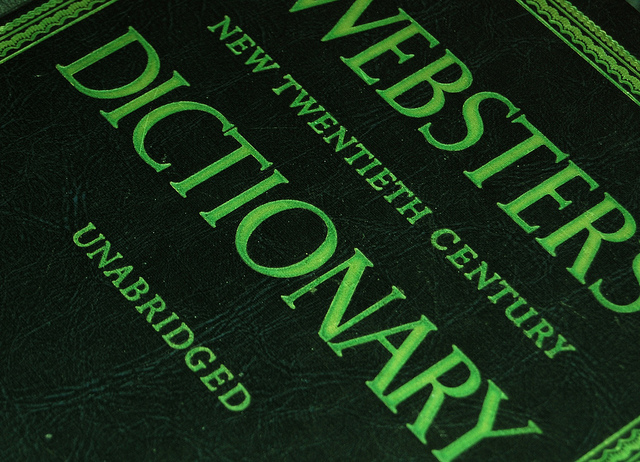How to Name Your Freelance Business
In Native American culture, a person's name can change through his or her lifetime. New names are bestowed on them to reflect their achievements and life experience.
In the Yorobu community in Nigeria, babies are given two names. Their first name reflects the circumstances of the baby's birth. For example, the girl's name Bejide means "born during the rainy season." The second name is given later and describes hopes for the child's future. The name Titilayo means "everlasting joy."
In Roman times, the name you were given reflected your social rank.
All around the world, different cultures follow their own naming conventions.
That's because names matter. The names we are given become an integral part of our identities.
The same is true for business. Neuroscience research shows we develop affective bonds with brands and brand names just as we do with our friends.
Little wonder, then, that freelancers can agonize over deciding on names for their businesses. Fortunately, there are conventions you can follow that take the stress out of choosing a business name.
The Easy Way to Name Your Business

For most freelancers, naming your business can be a short process that takes only a few minutes. How so? You name your business after yourself. After all, your business is you. You are your brand.
Using your own name gives your business a personal touch. By using your own name, you show your clients they'll be working with just one person who will give his or her best to the project.
Additionally, when you're starting out, you may want to try your hand at a range of different freelance skills. Having a formal business name can tie you down to a particular niche.
I recommend that if naming your business proves a big stumbling block for you, then just go with your real name. You can always change it later.
The main disadvantage of using your own name is that it reveals to clients that you're just a one-person outfit. To some potential clients (particularly if you are working with corporate clients), this can look less professional. With a brand name, it's easier to punch above your weight.
Other reasons you might be better off taking the time to craft a formal business name include:
- You work a day job that requires you to maintain a low public profile.
- You have an unusual name that's difficult to pronounce or spell.
- You're sure that you plan to grow your business into an agency and/or that you want to sell your business in the future.
- The .com and .net domains for your real name (including with your middle initial) are taken.
How to Choose a Brand Name
If using your own name isn't right for you and your freelance business, then you'll need to choose a brand name.
Here's what you need to consider
- Choose a name that reflects the services you offer
For example, if you're a freelance web designer, the word "design", "creative", "media", or something similar should be in your business name. - Try using an idea quota
Force yourself to come up with 100 name ideas in a single sitting. Write down every idea you have, no matter how mediocre.By putting your bad ideas on paper, you create space for new ideas to emerge.
- Ask for help
Ask friends and family for naming ideas. Be clear that you just want their input, and you'll be the one making the final call. - Browse competitors for inspiration
Seeing how your competitors name their businesses can give you ideas for naming your business. If you find a competitor called Pink Monkey Design and you like that name, you can use the same formula - [Color] [Animal] Design. How about Purple Tiger Design? Use the idea quota to come up with as many ideas as you can. - Beware of clumsy names
The name you choose should be simple to pronounce and spell. Additionally, avoid numbers and hyphens, otherwise you'll find yourself constantly spelling out your website address to potential clients. - Check that it's not taken
Once you've found a name you like, a quick Google search can help you find out whether there's another business already using your name. If so, it's back to the drawing board. - Make sure the .com is available
This is the trickiest part of the process, and when you start searching for available .com's, you'll be grateful for all the ideas you came up with using the idea quota technique. If you're really struggling, a domain generator such as Domainr, Panabee, or Dot-o-mator can be lifesavers. - Go with your gut
If the name doesn't feel right to you, you're not there yet. Give yourself time to come up with a name that's a good fit for your business. That said, analysis paralysis can be a form of procrastination. If you find yourself spending more than a few days working on your business name, then it's time you started promoting your services. Start trading under your own name, and use a brand name later when you've come up with an idea you're happy with.
What Do You Think?
I'd love to know more about how the Cashboard blog readers chose their business names. Do you use your own name or a brand name? What were the reasons behind your choice?
comments powered by Disqus


